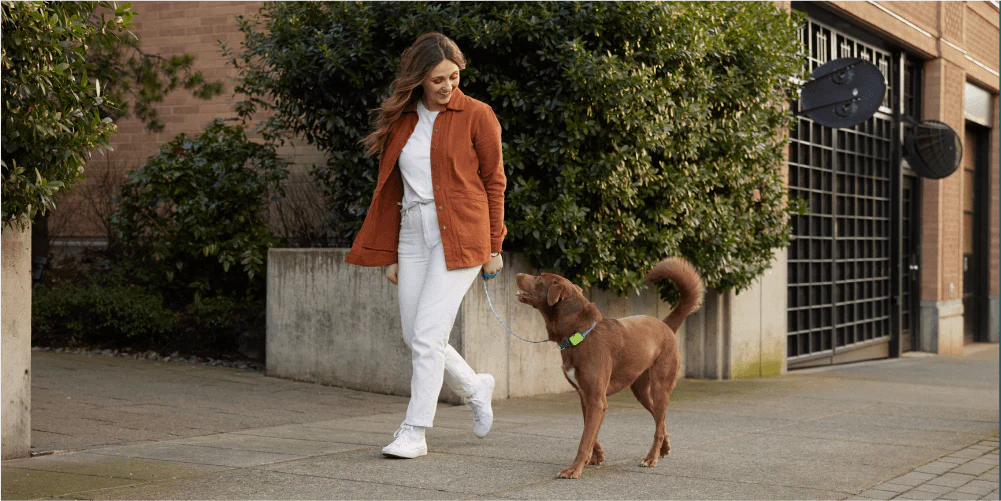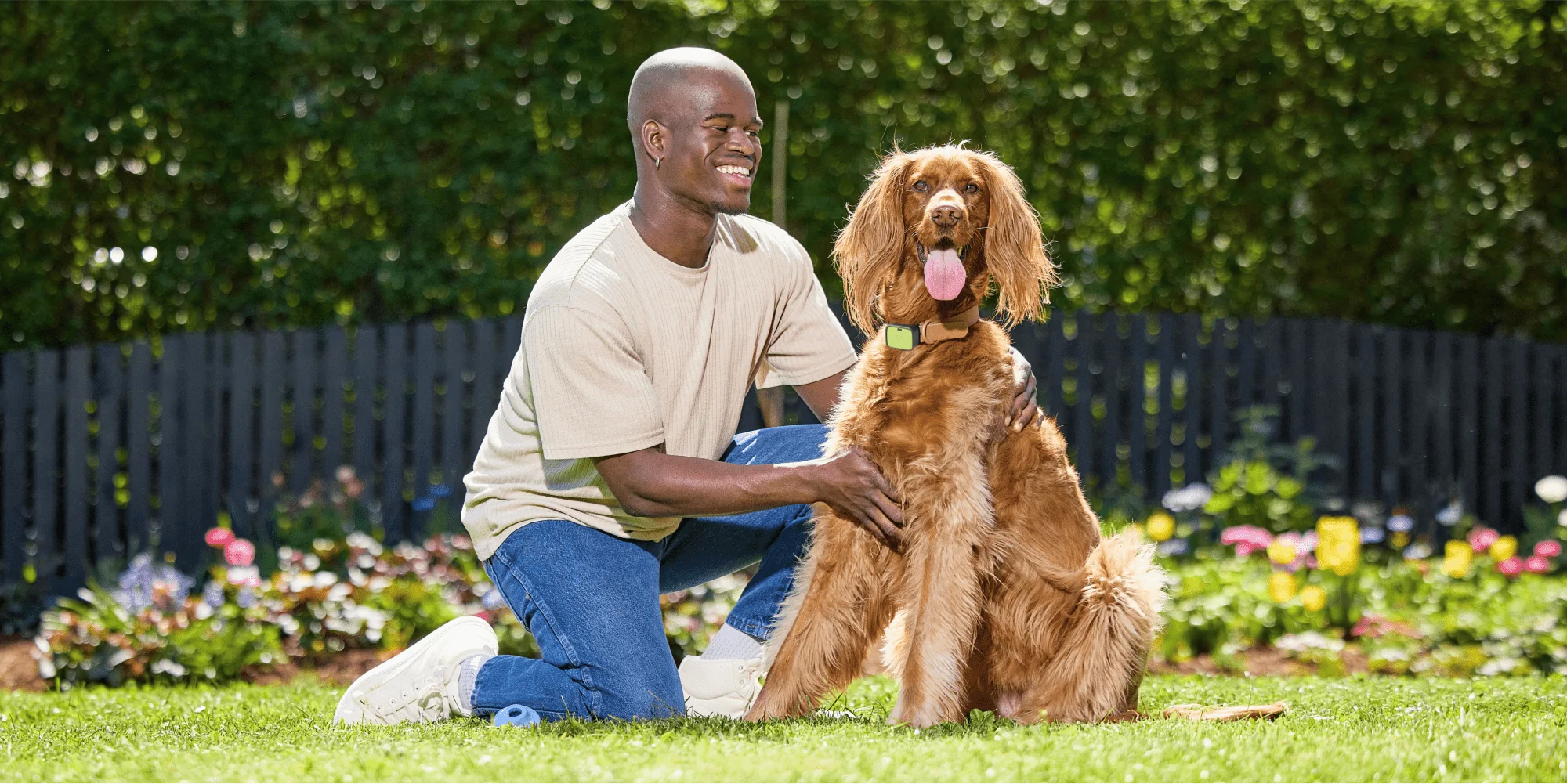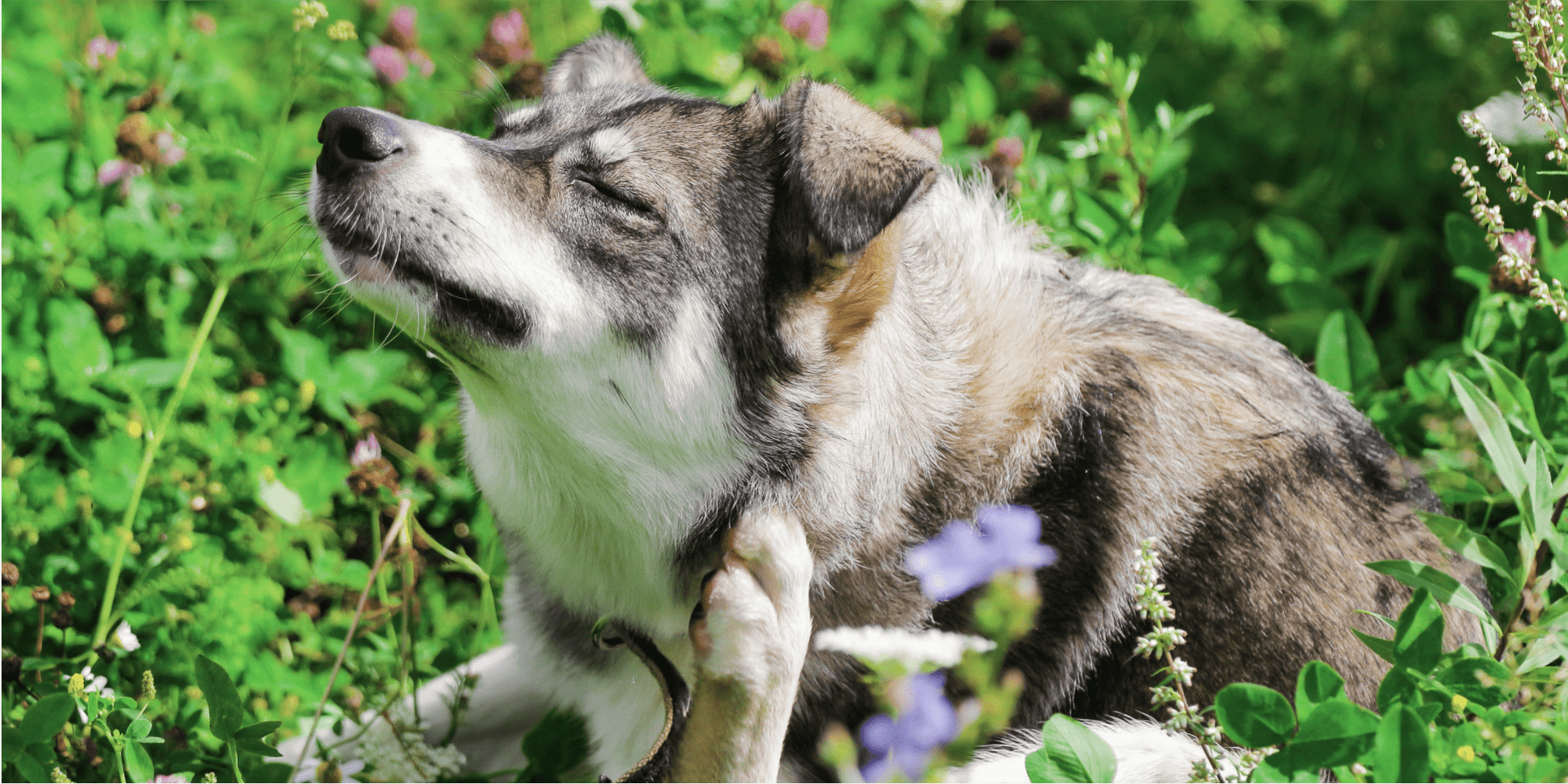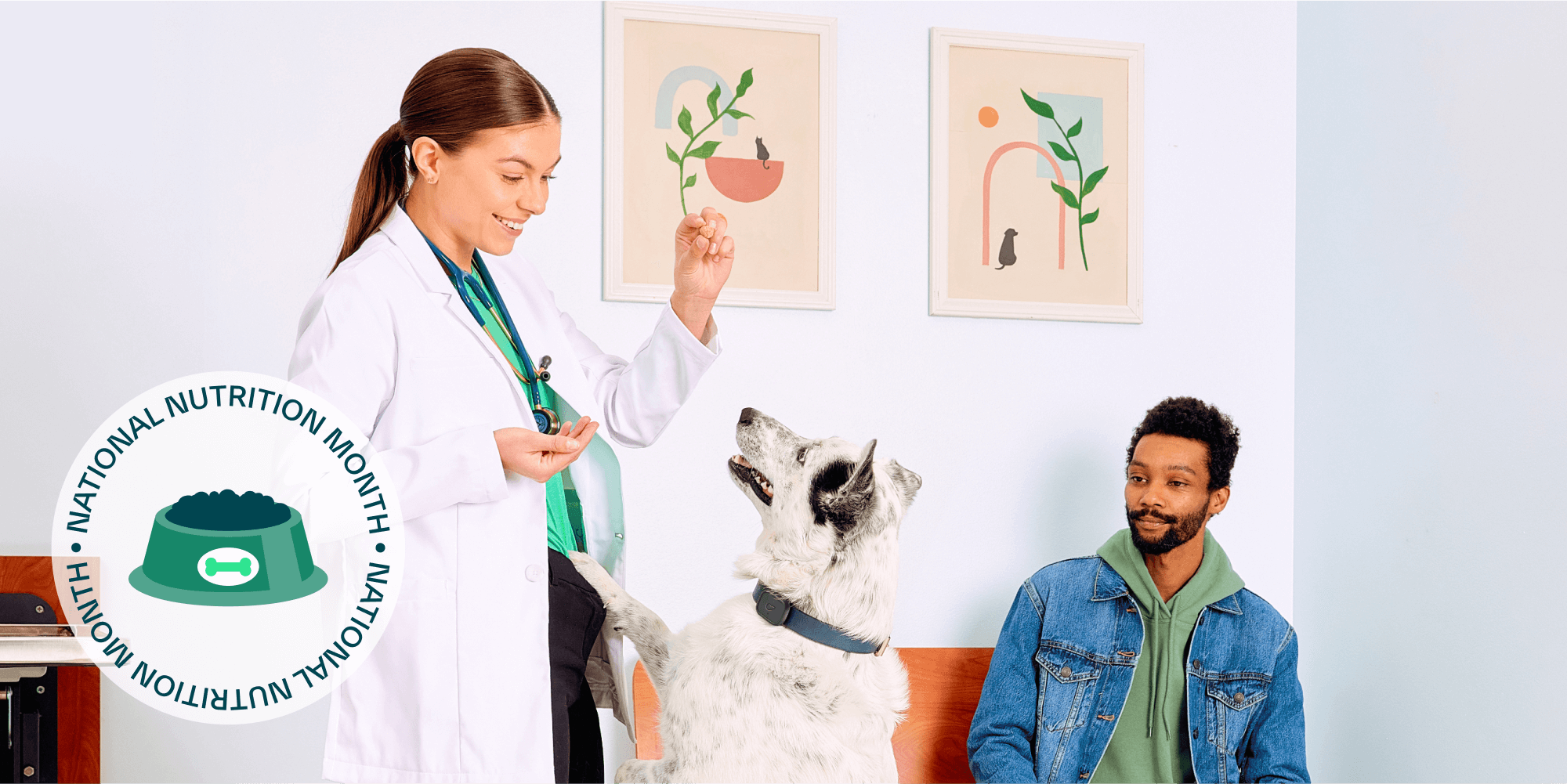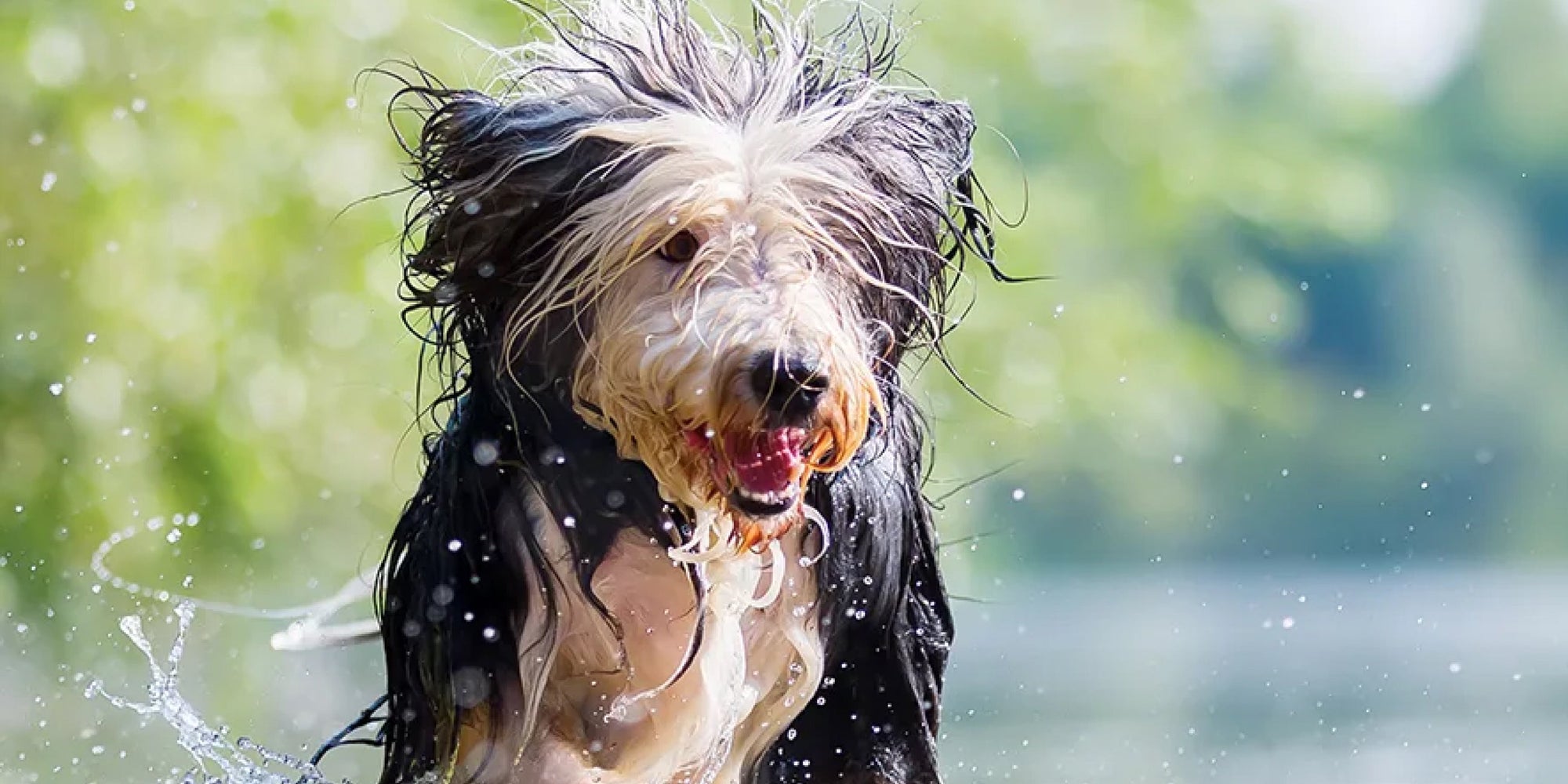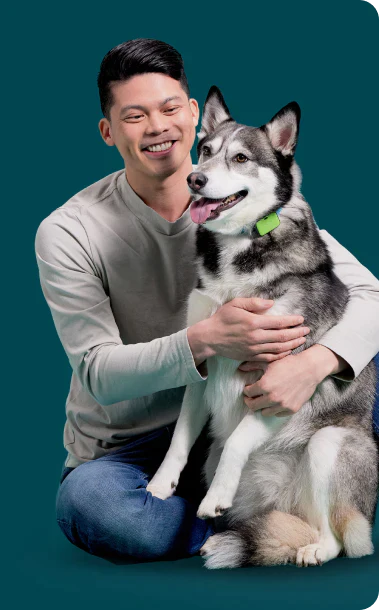How to make sure your dog stays hydrated
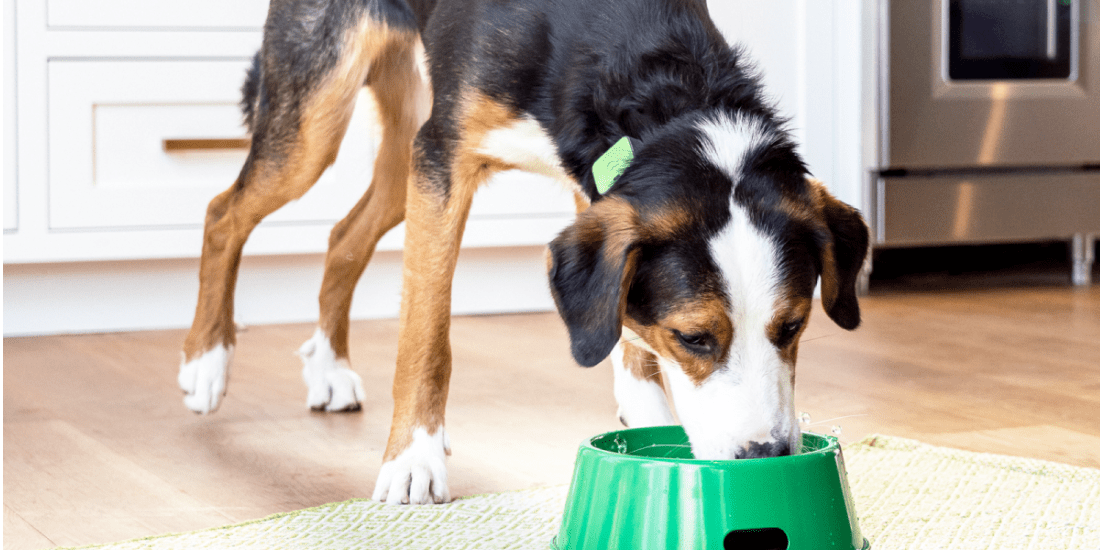
Chances are you wouldn’t spend an entire day playing outside without at least one water break—and your pet certainly shouldn’t either. So why is it that sometimes your dog wants nothing to do with that nice, big water bowl you just put out? And how long can a dog go without water before the issue becomes a medical concern rather than just stubbornness or distraction?
Whether you’re road-tripping and wondering about the frequency of water breaks, hiking with your four-legged friend regularly, or just wondering what the dog-equivalent of “eight glasses a day” is, we’ve gathered the information you need to keep your dog hydrated.
How long can a dog go without water?
Staying well hydrated serves many important functions for your dog—like keeping their joints lubricated, regulating their temperature, and keeping their digestion moving. Of course, nobody wants to deprive their pup of water, but sometimes the water bowl gets left without a refill overnight, or you’re out for a walk longer than anticipated. While that’s likely not an emergency, you really don’t want to go too long without offering your dog water.
“Dogs can survive without water for only 2-3 days,” according to Dr. Joanna Gale, BVetMed, CertLAS, MRCVS, veterinarian and Senior Manager of Global Science Advocacy at Mars Petcare. But, she says, dogs can get dehydrated and start to feel sick way sooner than that. Think about it this way: You’ve probably heard that humans can go around three days without water, too, but you wouldn’t want to try it.
Causes of dehydration in dogs

Dehydration usually has a straightforward cause, according to Dr. Gale. Your pet is either drinking less or losing more water.
What would make a dog want to drink less? Usually, it’s either lack of access or discomfort caused by pain, nausea, or disorientation, she says. Losing water, on the other hand, is often caused by vomiting, diarrhea, increased panting, and increased urination.
There are tons of potential causes of dehydration in dogs, but here are a few to keep in mind:
Bacteria, viruses, and parasites
Several viruses, bacteria, and parasites can cause vomiting and diarrhea that lead to dehydration, according to Dr. Gale. For example, parvovirus is a highly contagious illness usually spread through canine feces. The virus attacks the stomach and intestines, causing severe vomiting and diarrhea in susceptible dogs. The best way to protect your dog from parvovirus, and a handful of other viruses, is to make sure they’re vaccinated, which can typically start at 8 weeks of age.
Eating the wrong thing
There’s almost no end to the trouble dogs can get into by eating things they shouldn’t, and that unsavory meal can cause severe stomach upset. It’s always worth consulting with your veterinarian if you suspect your dog ate something bad, as certain poisons, like antifreeze, are fatal if not treated quickly.
Certain health conditions
Other illnesses can cause problems leading to dehydration, too. One example: diabetes, a condition where the body fails to regulate blood sugar. If your dog is drinking a lot more, peeing a lot more, and extra hungry but losing weight, these are all strong indicators of diabetes. Dehydration can happen despite your dog drinking extra water since they’re also peeing more frequently as their body attempts to rid the body of excess glucose (sugar).
Overheating
Heatstroke is a serious condition that can be caused by a dog spending time in hot weather, overexerting themselves, or being left in a hot car. Dehydration can both contribute to overheating and be a result, particularly if a dog is panting rapidly in an attempt to get their temperature down, according to Dr. Gale. Dogs with short snouts can be especially susceptible to overheating, as their facial structure makes it more difficult for them to cool down.
Symptoms of dehydration in dogs
According to Dr. Gale, symptoms of dehydration can include:

- Loss of skin elasticity: A DIY test that veterinarians sometimes suggest involves pinching your dog’s skin to see how quickly it rebounds. If it’s not instantaneous, your pet could be dehydrated. But this test should be considered along with other symptoms, rather than on its own, Dr. Gale says.
- Sunken eyes: If your dog’s eyes look almost recessed into their skull, that can be a sign of dehydration.
- Dry gums: Dehydration can lead to gums that feel extra sticky, where your finger won’t glide easily across them.
- Lethargy: If your dog is lacking in their usual energy and spunk, that can be a symptom of plenty of illnesses, so it’s worth having evaluated on its own merit.
- Weakness and/or collapse: These concerning symptoms are also worth evaluating as soon as possible.
How to keep your dog well hydrated
The good news is that healthy dogs typically drink enough on their own, Dr. Gale says. Do you have an active, alert dog with no other symptoms? Then you’ve probably got a hydrated dog. It’s also worth noting that dogs who eat wet food may drink less than dogs who eat kibble, according to Dr. Gale.
Your dog should always have access to clean water, but that can sometimes be tricky when you’re out on a hike or traveling somewhere far. If that’s the case, be sure to stop at least every couple of hours to offer your pet water, and more often than that if the weather is hot, Dr. Gale says. It’s always better to stop and offer them water too frequently than not often enough.
Did you know that your Whistle GO device can tell when your dog takes a drink? Better still, Whistle algorithms recognize when changes in their drinking patterns might point to a health issue. And best of all, you’ll get an alert via the Whistle app when and if that ever happens If you notice your dog is drinking more or less than usual, that’s something to bring up with your vet. You can also use the Chat With a Vet feature from the Whistle app.
What to do if your dog isn’t drinking enough
Again, most healthy dogs will drink enough water as needed. But if your dog seems to be avoiding the water bowl, reach out to your veterinarian, as it could be a sign of illness. Additionally, it’s worth noting if your dog suddenly seems to be drinking a lot more water than usual, as that could be a symptom of an illness, too.
The bottom line is that if your dog is ever showing symptoms of dehydration, reach out to your vet, or use the Chat With a Vet feature from your Whistle app.
--
Colleen Stinchcombe is a freelance writer with two dogs. She writes about pets for Whistle Labs, Rover, and Woman’s Day.








